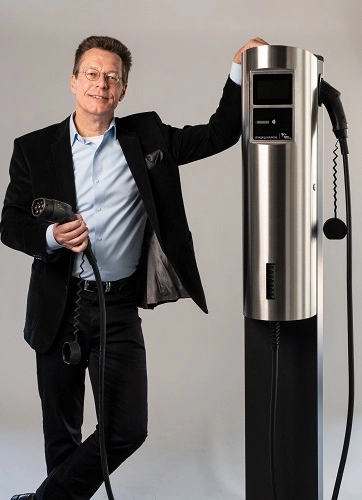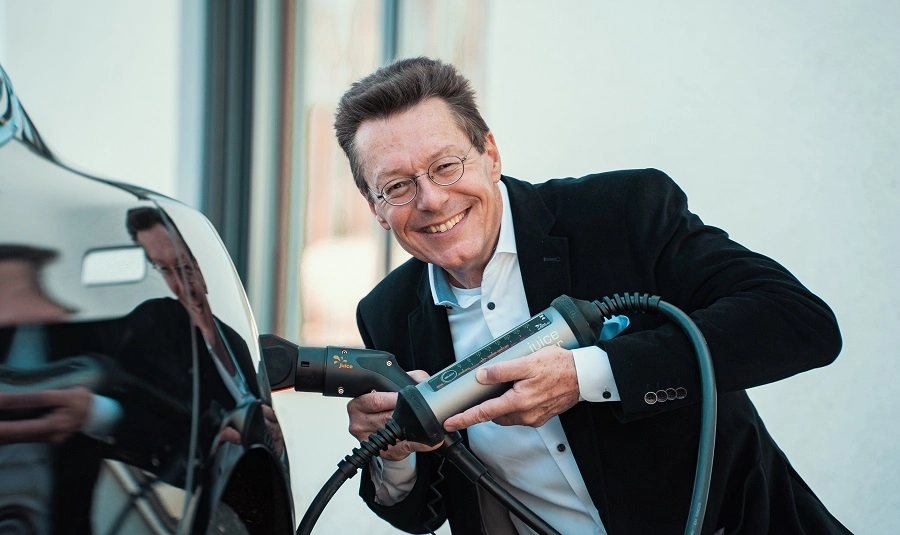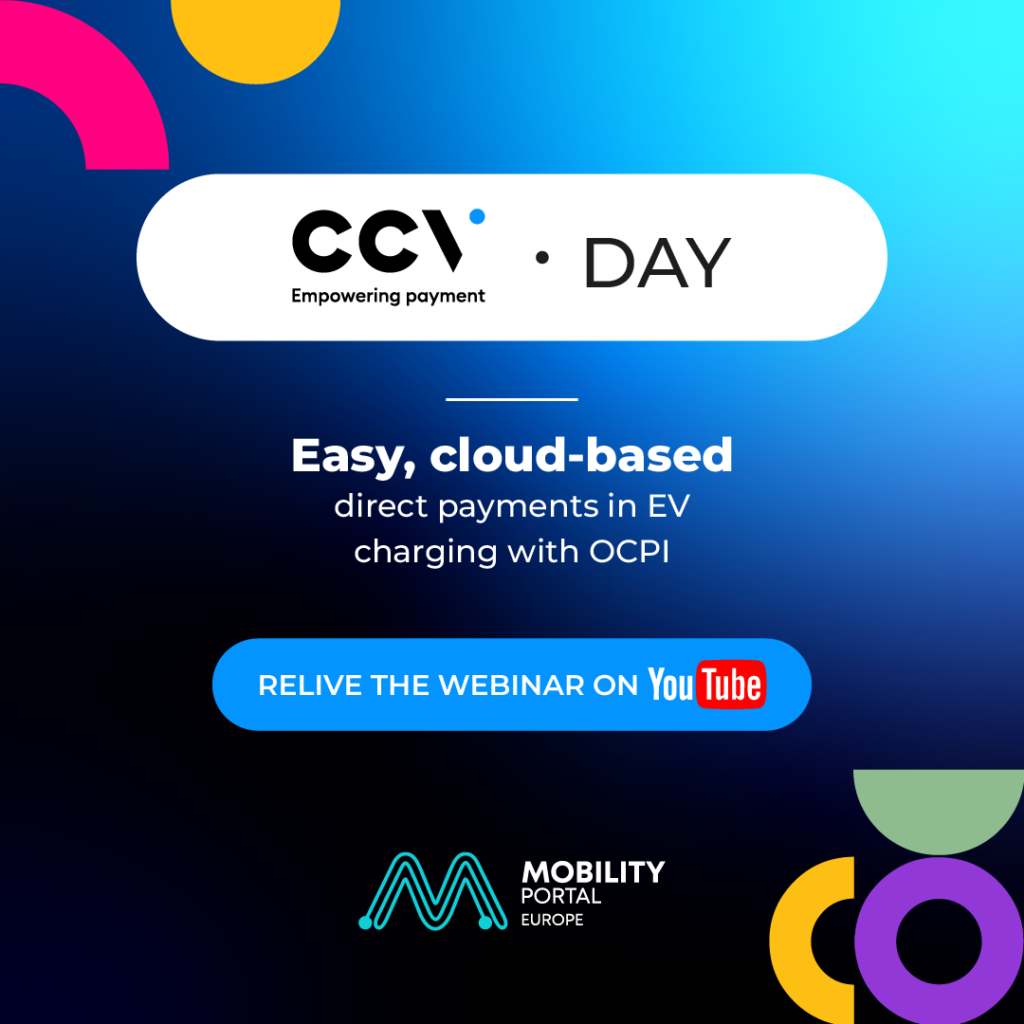France is one of the European countries with the largest number of public charging points, along with Germany and the Netherlands.
To achieve this, on January 1, 2023, a decree was issued mandating that all 465 service areas on French highways must be equipped with these facilities.
Although the country has surpassed 105,000 charging points, there are still unresolved issues.
Christoph Erni, the founder and CEO of Juice Technology, explains to Mobility Portal Europe that “there are still obstacles related to the uneven distribution of public charging infrastructure, such as in secondary roads and some urban areas.”
“It’s necessary to address this issue to not impede the progress of electric mobility and ensure a relaxed and smooth driving experience for drivers,” he adds.
It’s worth mentioning that authorities are launching various initiatives to address these issues.
“The French government is making significant efforts in the transition to electromobility through an ambitious support program, not only focused on incentives promoting the sale of electric vehicles but also on developing a suitable public charging infrastructure,” Erni comments.
Furthermore, Juice Technology’s CEO highlights that to ensure charging at any destination, the public infrastructure “must go hand in hand with a private charging system.”
“Electric mobility should be seen as a comprehensive and interconnected concept where both a public and private network coexist, allowing installation in other areas like shopping centers, offices, or residential buildings,” Erni explains.
This can be achieved by installing fixed wall-mounted charging points or using portable charging stations, such as the Juice Booster 2 or the Juice Booster 3 air, which allow you to charge your car wherever there is a power outlet, whether domestic or industrial.
Considering that 90% of charging occurs at homes or workplaces, the company believes that expanding the offering should focus on these locations.

“It’s important to consider that in major urban areas, most people do not have a house with a garage where they can install their own equipment,” Erni points out.
Juice Technology operates under the premise that “electricity is everywhere,” so charging solutions should focus on making energy accessible to drivers, regardless of their location.
“It’s the solutions that need to adapt to the drivers’ lifestyle, not the other way around,” Erni emphasizes.
For this reason, the company is continuously working on improving and expanding its product portfolio.
“Part of the reluctance to purchase an electric car comes from the fact that people don’t understand kilowatts, amperes, three-phase or single-phase current,” the CEO comments.
“In this regard, users seek simple and intuitive solutions that facilitate the use and charging of their cars in their daily lives,” he adds.
To address this, the company has developed the Juice Booster 3 air, the smallest wallbox on the market that can also be used as a portable device.
Users can manage the Juice Booster 3 air through the app and have access to all relevant driving and charging data in a user-friendly tool.
Juice Technology highlights the four “drawbacks” of fast charging
Regarding fast charging infrastructure, the CEO highlights that it is “comparatively expensive.”
He also points out that “ultra-fast charging with power levels between 100 and 350 kW is only compatible with the latest car models, making it an unviable option for most other vehicles.”
Thirdly, he emphasizes that “frequent fast charging leads to a faster decline in the vehicle’s battery capacity, which can result in long-term costs associated with its repair and maintenance.”
Lastly, he mentions that, in most cases, electric cars will charge their batteries where they spend most of their parked time.
“We need to dispel the idea that we will need to charge the vehicle at a fixed point in our daily routine, in the same way we refuel a combustion engine car at a gas station,” he states.
“We must stop trying to carry over old habits into new innovations and developments,” he concludes.






